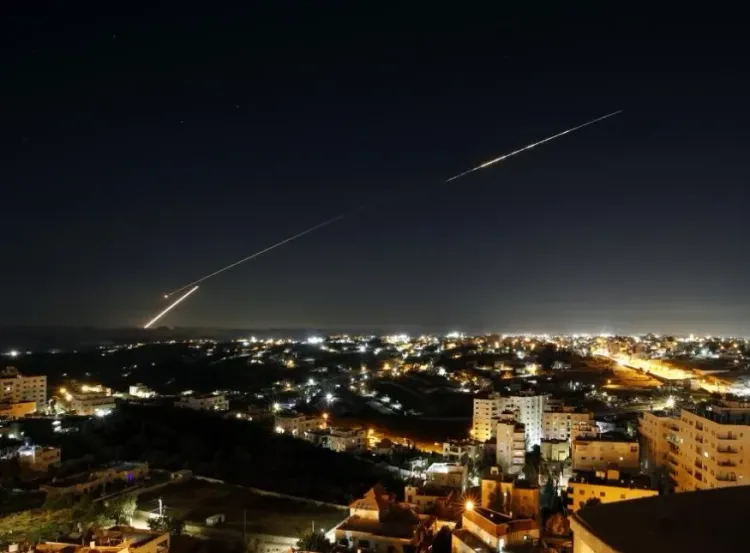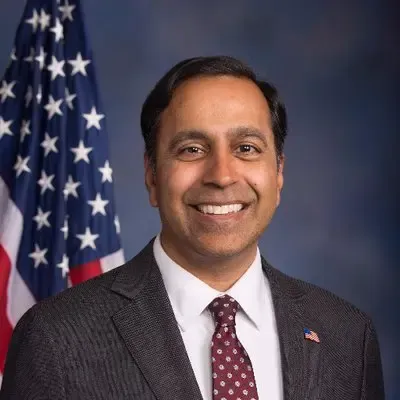Did Israel Identify New Missiles from Iran After Ceasefire?

Synopsis
Key Takeaways
- Israel reported missile activity from Iran after accepting a ceasefire.
- Iran denies launching missiles, raising tensions.
- Israeli Defence Minister ordered military response to perceived violations.
- Conflicting narratives cast doubt on the ceasefire's durability.
- Trump announced a formal ceasefire agreement, but its implementation is unclear.
Jerusalem/Tehran, June 24 (NationPress) - On Tuesday, Israel reported the detection of missiles purportedly launched from Iran, shortly after announcing its acceptance of a ceasefire suggested by U.S. President Donald Trump.
In response, Iran denied these claims, stating through the semi-official Tasnim news agency that it had not launched any missiles towards Israel following the declared ceasefire.
Israeli Defence Minister Israel Katz issued a statement indicating that he had ordered military forces to retaliate decisively against Iran’s alleged breach of the ceasefire with significant strikes targeting locations within Tehran.
The reported missile activity triggered air raid sirens in the Haifa region, though the Israeli military confirmed that they were intercepted by air defense systems, with no injuries or damages reported.
Simultaneously, the Israeli Air Force continued its operations in Iran, executing another series of strikes aimed at missile launchers in western Iran.
This escalation occurred soon after Israeli Prime Minister Benjamin Netanyahu confirmed on Tuesday that Israel had agreed to the ceasefire proposed by Trump and declared that the country had achieved its military objectives against Iran.
Netanyahu's office stated that Israel had successfully eliminated the threats posed by Iran's nuclear and ballistic missile capabilities.
As Israel embraced Trump’s ceasefire proposal, Iran's top security body asserted that its military is prepared to counter any acts of aggression.
According to the Nour News outlet, affiliated with Iran's Supreme National Security Council, “The armed forces of the Islamic Republic of Iran, without any trust in the enemies' remarks, have their fingers on the trigger and are ready to give a decisive and regret-inducing response to any act of aggression by the enemies.”
Trump previously announced that the ceasefire would commence around 0400 GMT, with expectations for Iran to cease operations first.
Iranian Foreign Minister Abbas Araqchi clarified that there was no formal “agreement” on a ceasefire between the two nations but implied that Iran might pause retaliation if Israeli actions ceased by 4 a.m. Tehran time.
He stated, “If Israel stops its illegal aggression against the Iranian people no later than 4 a.m., Iran has no intention of continuing its response afterwards,” adding that the ultimate decision on the cessation of military operations would be made later.
Earlier, a senior Iranian official informed CNN that Tehran had not received any formal ceasefire proposal from the United States and perceived no justification to stop hostilities.
The official remarked, “At this very moment, the enemy is committing aggression against Iran, and Iran is on the verge of intensifying its retaliatory strikes, with no ear to listen to the lies of its enemies,” calling the statements from U.S. and Israeli leaders a “deception” aimed at justifying further attacks on Iran.
The conflicting narratives raise significant questions regarding the feasibility and longevity of any potential ceasefire. Reports remain unclear on whether the supposed agreement was communicated through diplomatic channels or whether either side intends to adhere to its terms, according to Xinhua news agency.
Trump declared on Monday evening that Israel and Iran had reached a formal agreement for a complete and total ceasefire, which he described as ending the “12-Day War.”
In a post on his Truth Social platform, Trump stated that the ceasefire would initially last 12 hours, during which both sides would maintain a stance of “peace and respect.”
He added, “On the assumption that everything works as it should, which it will, I would like to congratulate both countries... on having the stamina, courage, and intelligence to end what should be called ‘The 12-Day War.’”
Trump characterized the agreement as a breakthrough that “could have saved the Middle East from years of destruction,” concluding with a message of unity: “God bless Israel, God bless Iran, God bless the Middle East, God bless the United States of America, and God bless the world!”










